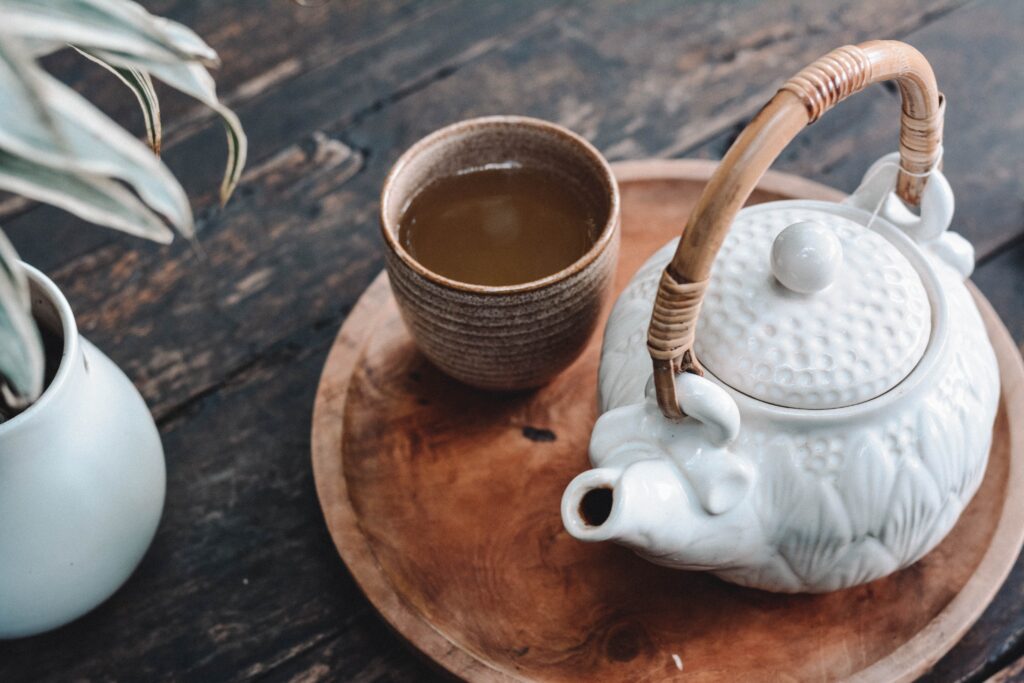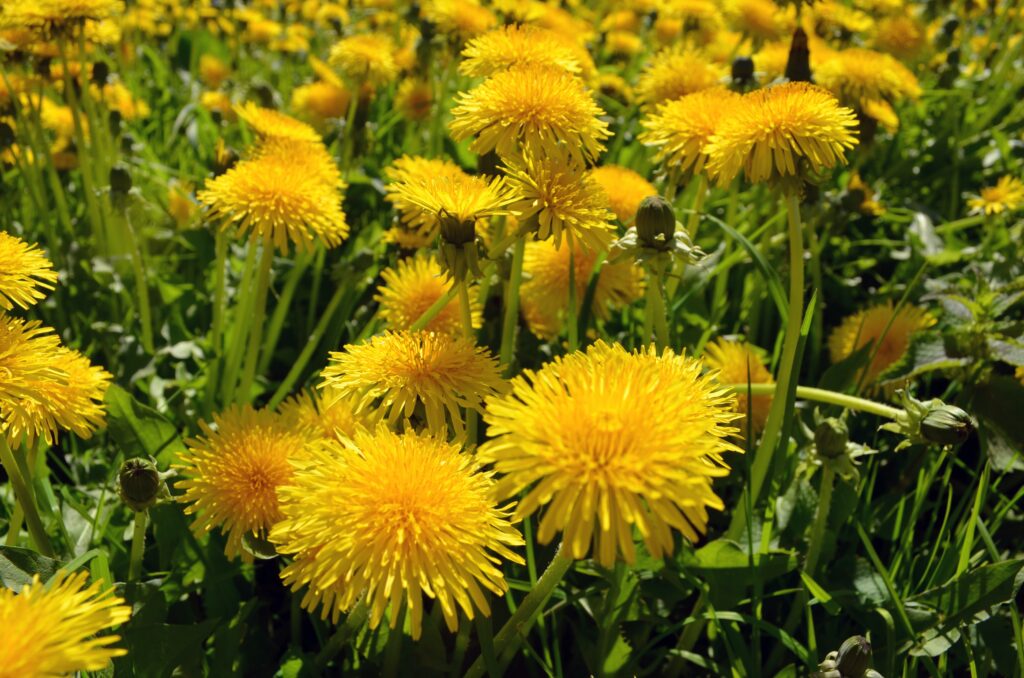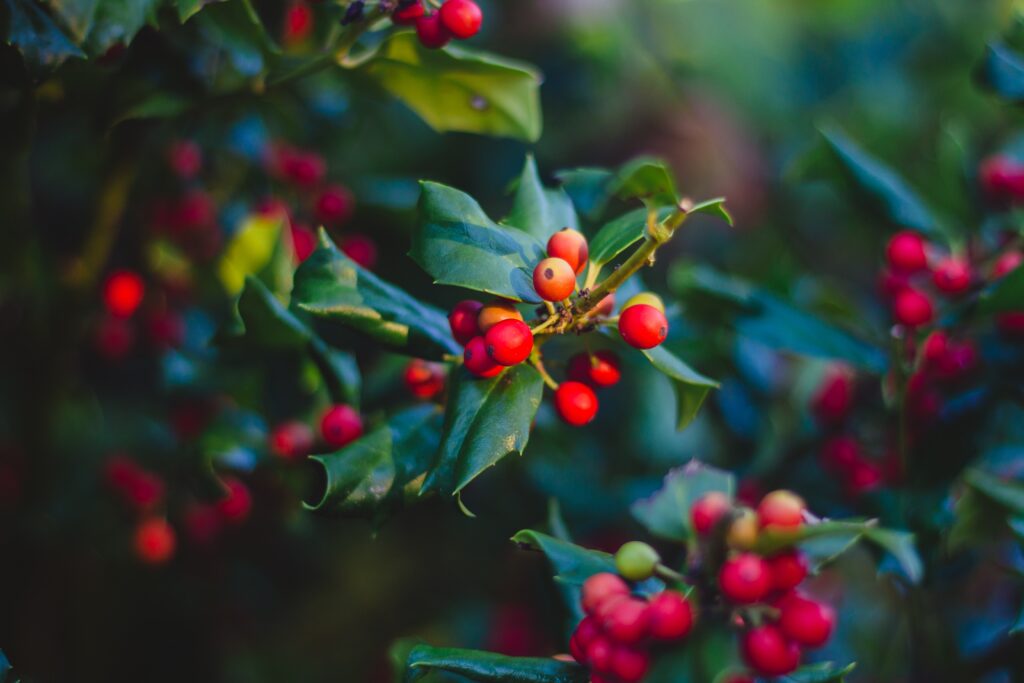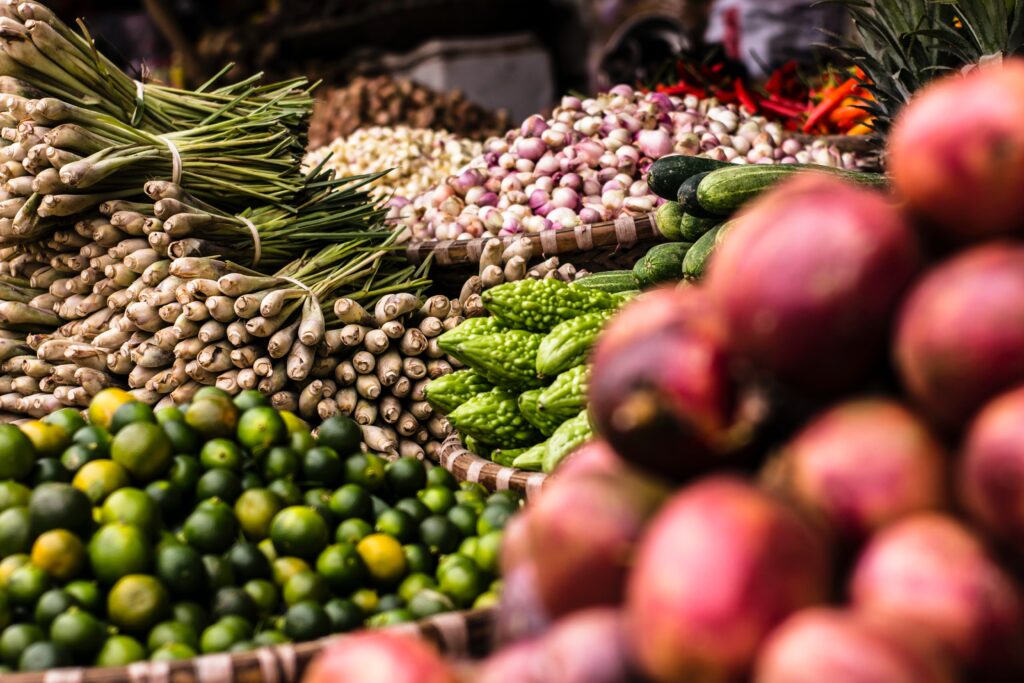Begin 2024 With Detox Tea
Bars will not contain packs of jaunty people clinking glasses and nibbling shrimp from passed plates. Living rooms will not serve as stages for parties full of friends and neighbors counting down to 2024.
It may be remembered as the least decadent New Year’s Eve in decades.
But tonight’s celebration stands as the most anticipated calendar change in memory. Could the parties take place, they would spill into streets, awaken wildlife miles from civilization, and last far into January 1.
The year that saw far too much death, disappointment, heartache and economic devastation is poised to end. We welcome 2024 with immense hope.
January is detox month
One of the annual activities we pursue in January is detoxification. After a month of aggressive feasting and sloth, we like to cleanse our bodies of December and tune it up for the year to come. And this year, we aim to rid ourselves of much more than excessive Christmas cookies and sparkling wine. No, this time we desire a thorough scrubbing of much of 2023.
To begin the year in a way that honors our dreams for the months ahead, we eat healthier foods. Exercise returns to our lives. And detox tea punctuates our waking hours.
All traditional teas from the shrub Camellia sinensis offer health benefits. At least one of them, pu-erh, helps bring about body detoxification. But herbal tea offers myriad routes towards detox, mostly due to plant compounds that stimulate the liver. It is the liver, after all, that performs most of the body’s natural detox work.
We champion herbal tea at Ku Cha. Our respect and admiration for the power of herbal tea is so keen that we created an entire online build-your-own-blend platform. The technology lets you select individual herbs for specific medical and lifestyle goals, including detoxification.
We even created a custom tea — our Organic Detox Tea — devoted to encouraging internal cleansing.
Detox Tea at Ku Cha

Puerh
Practitioners of traditional Chinese medicine turn to pu-erh, which is the only traditional style of tea that is fermented, to open the body’s natural meridians, improve the healing powers of the spleen and stomach, and cleanse the blood.
Pu-erh’s wealth of antioxidants, which help the body get rid of unhealthy free radicals, also aid with detoxification. Among other things, those powerful antioxidants help reduce levels of heavy metals in the body by repairing damaged cells.
In addition, a 2016 study published in the Journal of Gastroenterology found that pu-erh helps the body shed fat, thereby preventing or even reversing nonalcoholic fatty liver disease.
We sell 17 varieties of pu-erh, from more affordable, every day pu-erhs to high-end artisan teas collected by connoisseurs. We also offer pu-erh in our build-your-own-tea-blend platform, to serve as a foundation for the bespoke blend of your creation.

Organic Detox Tea
While many of our teas help the body rid itself of toxins, our Organic Detox Tea revolves entirely around detox. Its combination of herbs and spices directly addresses two organs that are instrumental with detox: the liver and kidneys.
This organic tea finds its foundation in honeybush, a South African shrub that is related to rooibos. Studies have shown that compounds in honeybush leaves offer many health-improving qualities. Much of the plant’s power comes from its bounty of antioxidants, which destroy free radicals and thus help the body better fight disease.
But our Organic Detox Tea also contains a few herbs that focus on detox: dandelion root and lapacho.
Connections between bitter dandelion root and liver health are well documented. A 2017 study published in the journal Molecules, for example, concluded that polysaccharides — a kind of carbohydrate — in dandelion root may improve liver function. Dandelion’s muscular and powerful roots can be found in numerous tea and supplement aimed at detox.
Indigenous people in South America have turned to lapacho, a native tree with red flowers, for medical treatments for thousands of years.
The tea made from the tree’s inner bark, is known as “tea of the Incas” across the continent. Lapacho offers many essential vitamins and minerals, including iron, calcium, magnesium, manganese, iodine, boron and barium.
Researchers credit two lapacho compounds called naphthoquinones, lapachol and beta-lapachone, for most of the plant’s medical properties. It is a powerful detox agent.
Our Organic Detox Tea also contains lemon peel and cinnamon, for both flavor and health properties.

Green Water Tea
Green Water Tea. Kuding. Bitter nail tea. No matter the name, it all refers to a kind of tea sipped across China to help with detoxification. One style widely consumed in China is derived from a species of holly. Another one, which we carry at Ku Cha, is popular in Sichuan Province and Japan, and comes from a species of wax tree.
Like most detox herbs, kuding offers a bold flavor profile. It’s bitter. The sharp bite is key; it stimulates the body’s detox center, the liver. Some research suggests kuding promotes blood circulation and lowers blood pressure, blood lipids and cholesterol.
Chinese medicine practitioners rely upon kuding to detoxify the body and to treat colds, bronchitis and headaches. They also use it to improve digestion, mental focus and blood circulation.
Make sure to brew our Green Water Tea quickly. Too long of a steep leads to overly bitter tea.
As our very name refers to bitterness — ku means bitter in Chinese, and cha means tea — we value the quality. Bitterness is necessary in both life and tea. Only through bitterness do we fully grasp life’s sweetnesses!

Organic Lemongrass
Also known as citronella and widely used in Thai and Vietnamese cuisine, this stalky plant broadcasts intense lemon aromas and flavors.
Delicious lemongrass also contains especially potent antioxidants, according to a study in the Journal of Agriculture and Food Chemistry. As we already know, antioxidants serve vital roles as free-radical fighters and health promoters.
In fact, the Memorial Sloan Kettering Cancer center points to lemongrass compounds, citral and geranial, as burly inflammation fighters. Researchers believe the compounds help the body to stop releasing compounds that cause inflammation to spike. And research showing clear links between inflammation and disease is well-established.
Our lemongrass is organic, and sold through our build-your-own-blend platform. You can buy the shredded stalk alone, and brew as a lemongrass tea. Or you can add other herbs and teas, for a custom blend.
Let’s all savor both our goodbyes to 2023, and our introductions to 2024. And let’s begin this fresh year with re-aligning our bodies with health.

